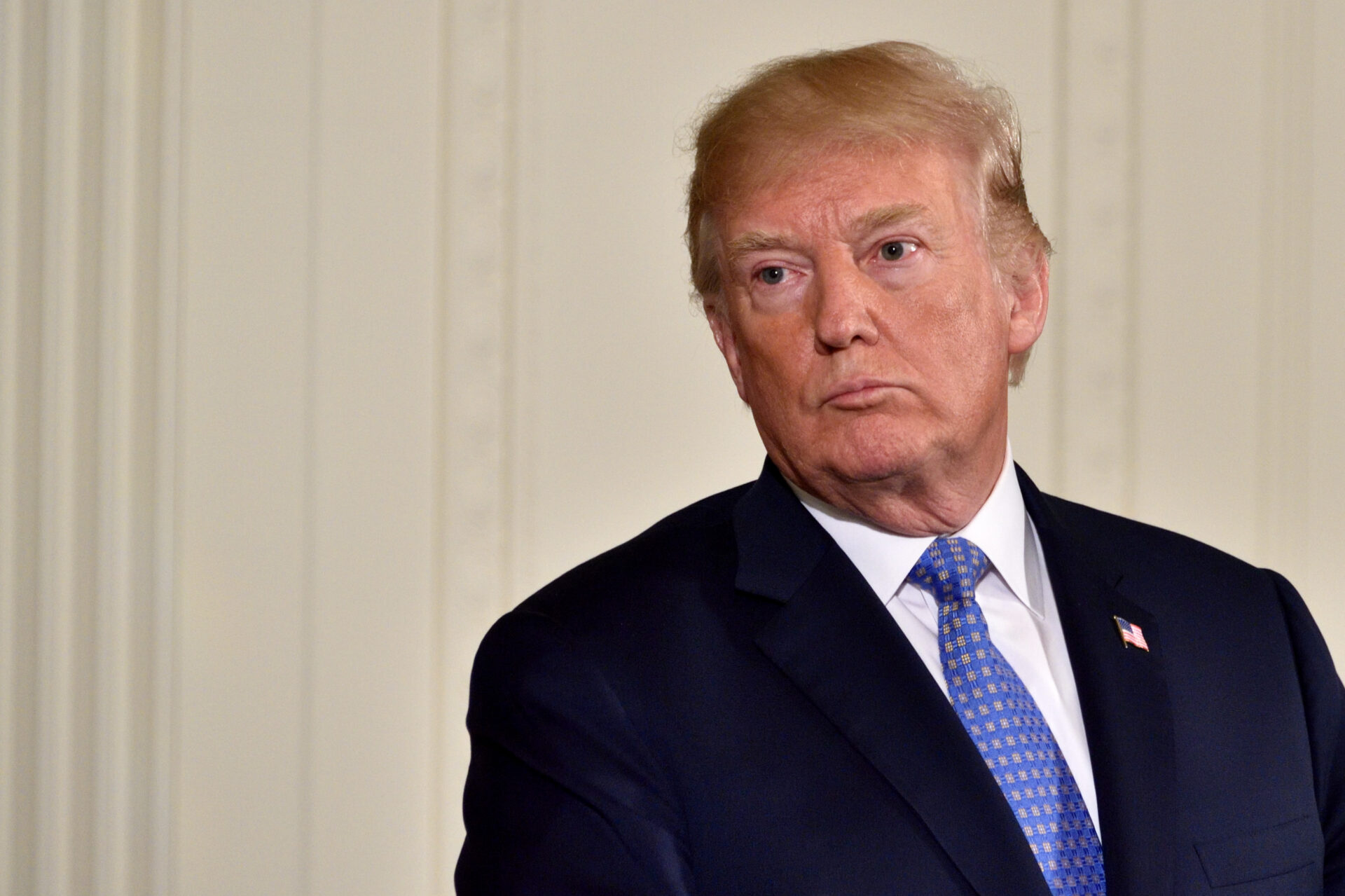STOLTENBERG SIDESTEPS President Trump
The bitter U.S. presidential contest was only getting started, as seen by the way President Biden and former President Trump utilized the NATO summit to further their campaigns as it came to an end on Thursday.
In an interview with Fox News’ Brian Kilmeade, Secretary General Jens Stoltenberg declined to credit anyone for the increase in GDP defense spending that NATO countries experienced in 2024. As of now, 23 out of the 32 allies have fulfilled their 2% obligations.
“The message from former President Trump to his European partners was very clear: they needed to pay more. According to Stoltenberg, “This has been a message from successive U.S. administrations, and this message has had an impact.” As major achievements of their respective presidencies, Trump and Biden have cited the record number of NATO countries meeting their GDP defense spending pledges, which were first made in 2006.
Trump has made no secret of the fact that, while in office, he made NATO partners pay up.
From the five countries that fulfilled their pledges in 2016, the year he took office, the number of partners that met their expenditure targets increased to nine in 2020. That number fell to six after his departure in 2021.
This year saw the biggest increase in NATO defense spending as 23 of the 32 member countries finally fulfilled their budget commitments.
Trump supporters attribute this increase in European defense spending primarily to the war in Ukraine rather than the Biden administration.

After facing years of criticism for seemingly failing to reach its defense expenditure target, Canada declared on Thursday that it would eventually meet its 2% spending commitment by 2032.
However, it is uncertain if the alliance as a whole is genuinely pleased with this assurance, especially considering that smaller NATO members—like Estonia, Latvia, and Lithuania—have not only complied with their obligations but have exceeded the 2% spending cap.
Eight additional nations—Croatia, Portugal, Italy, Belgium, Luxembourg, Slovenia, and Spain—failed to meet their spending targets. Iceland does not have a standing military hence it is free from the 2% obligation. This week, a number of foreign officials voiced worry about the fact that the 2% budget promises made almost twenty years ago no longer accurately reflect the alliance’s actual needs in the face of authoritarian regimes like North Korea, China, Iran, and Russia that are becoming more assertive.
“We need to face the challenges ahead with clarity, but we also need to resist letting fear stop us. We are at a turning point in history. The future of Ukraine, Europe, and our alliance will be determined by the decisions we make today,” stated Gabrielius Landsbergis, the foreign minister of Lithuania, on Thursday. “Ukrainians are well aware of the existential significance of this conflict.
Sadly, the majority of us are still struggling to overcome challenges that we have brought upon ourselves. We still need to shift our perspective on peacetime and, at last, adjust defense spending to match the threat we confront.” Alexander Stubb, the president of Finland, said in an interview with John Roberts, co-anchor of “America Reports,” “I would actually like to give Trump credit because I think he was right on the 2% limit.” And, observe, in 2014, just three allies accomplished that feat. In 2018, it was probably around ten. It is now 23. Would that have happened if Trump hadn’t made the push? Not in my opinion. Would it have occurred in a different situation? Most likely not.
On Thursday, Biden promoted additional initiatives he has taken to fortify NATO, such as the alliance’s enlistment of Finland and Sweden.
“His forte has never been foreign policy. Regarding Trump, Biden remarked, “And he seems to have an affinity to people who are authoritarian.”







